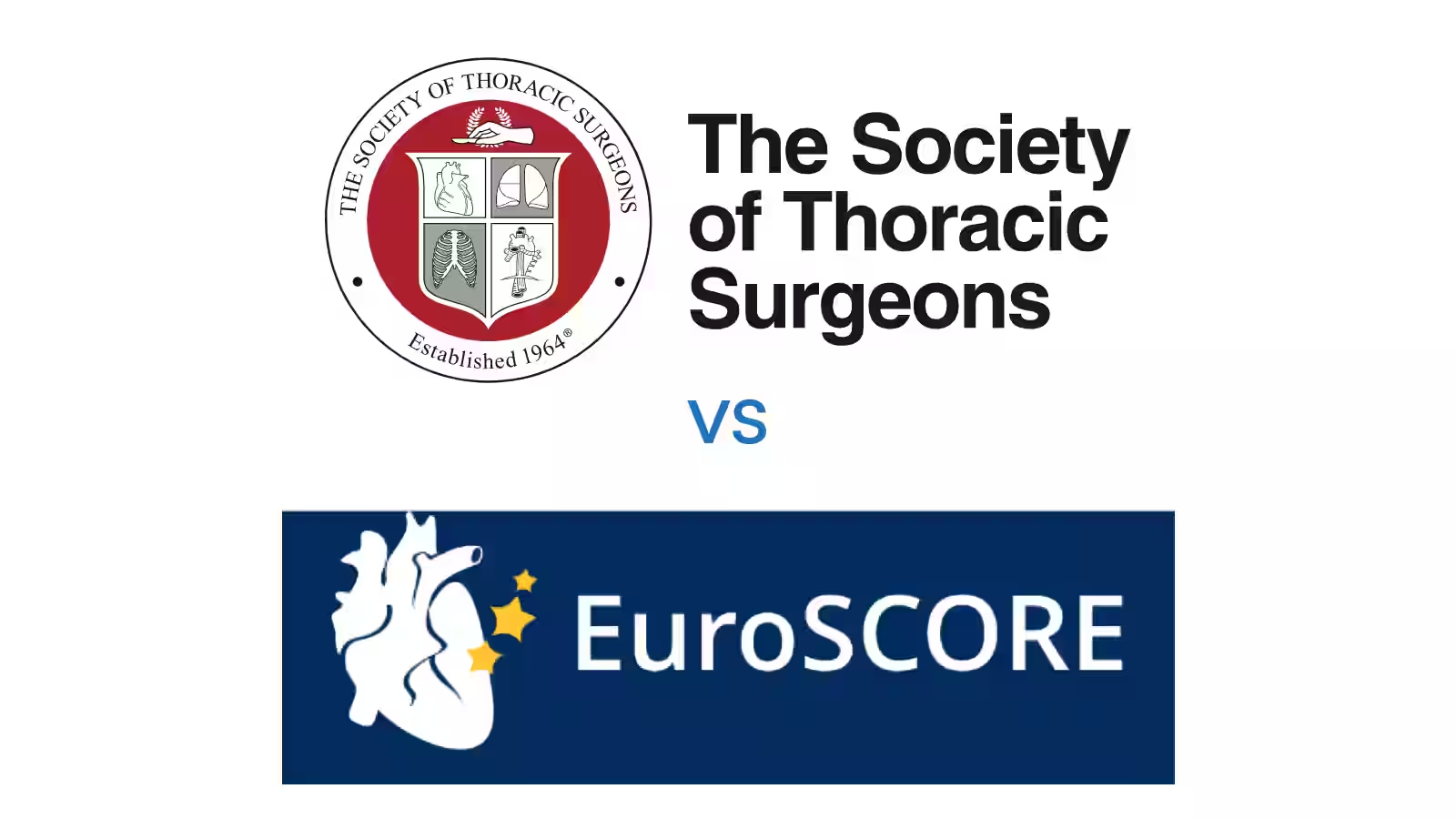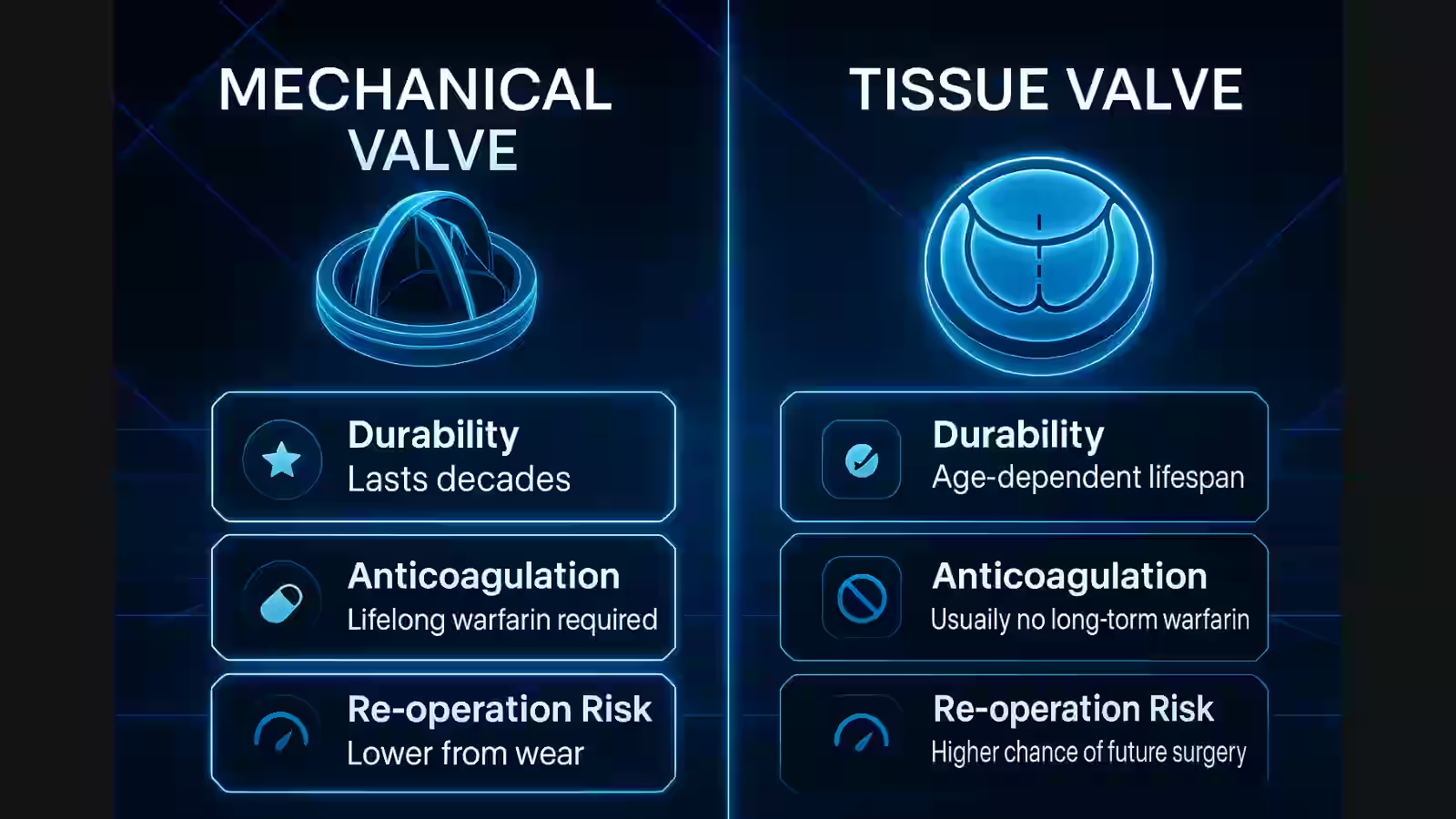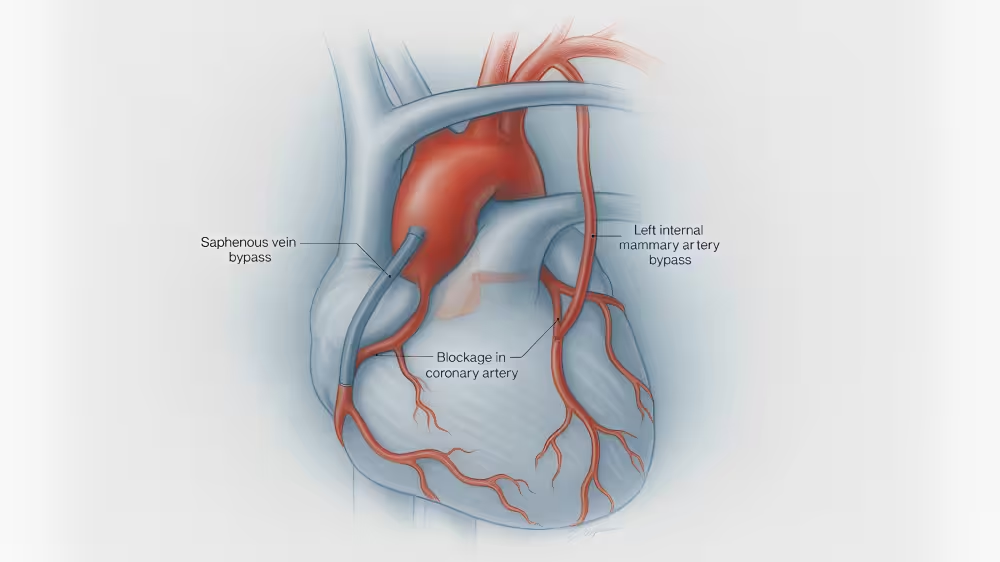Introduction
Facing open heart surgery can feel overwhelming. Understanding what happens before surgery helps patients and families feel prepared, reduce anxiety, and take an active role in recovery. This guide explains the key steps in the days and weeks leading up to surgery.
Medical Evaluations
Patients undergo a series of tests and consultations to ensure they are healthy enough for surgery and anesthesia.
- Blood work and imaging (X-rays, echocardiogram, CT scans if needed)
- Heart catheterization to check coronary arteries
- Meetings with the surgeon and anesthesiologist
- Assessment of other organs such as kidneys and lungs
Medication Management
Doctors review all medications and supplements.
- Some blood thinners must be stopped days before surgery
- Diabetes medications may be adjusted
- Herbal supplements are often paused
Never stop medications without guidance from the care team.
Lifestyle Adjustments
Preparing the body before surgery can support recovery.
- Quitting smoking improves healing
- Gentle exercise, as tolerated, strengthens muscles
- Eating balanced meals boosts energy and immunity
Emotional Preparation
Emotions matter just as much as physical health.
- Anxiety and fear are normal—talking with your team helps
- Meeting with a counselor or support group may ease stress
- Families can create a care plan for the hospital stay and recovery
Hospital Preparations
Patients usually receive specific instructions:
- Fasting after midnight the night before surgery
- Using antiseptic soap to reduce infection risk
- Packing light: ID, insurance, a small bag with essentials
Conclusion
Knowing what to expect before open heart surgery makes the experience less intimidating. Patients and families who prepare medically, physically, and emotionally are often better equipped for a smoother recovery.
---
If you or a loved one are preparing for open heart surgery, Verus can help you understand risks and recovery. You can learn more here or book a complimentary call with a Verus consultant surgeon.











